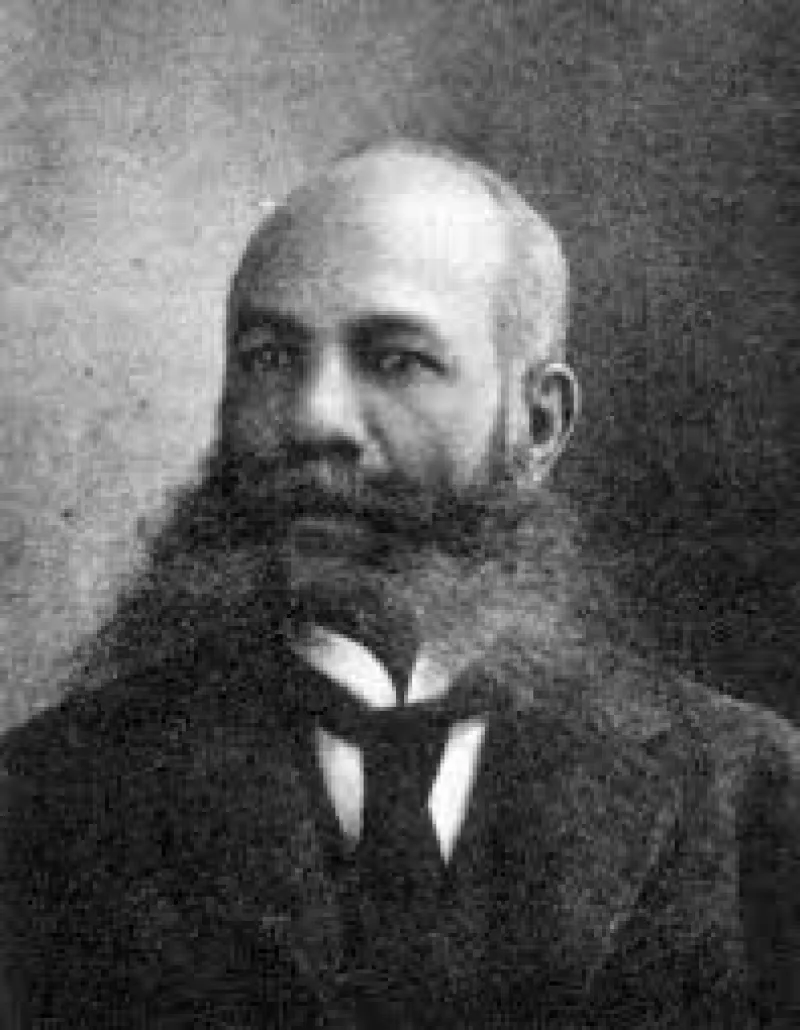Short Summary
Robert Hooke was a prominent 17th-century English scientist, inventor, and polymath, renowned for his contributions to various scientific fields. His most notable achievements include the formulation of Hooke's Law in physics and his pioneering work in microscopy, which led to the discovery of the cell. Hooke's interdisciplinary approach and innovative thinking left a lasting impact on the scientific community, securing his place in history as a key figure of the Scientific Revolution.
Early Life & Education
Born on July 18, 1635, in Freshwater on the Isle of Wight, Robert Hooke was the youngest of four children. His father, John Hooke, was a clergyman, which influenced Robert's early education. Despite being plagued by ill health, he displayed a keen interest in mechanics and drawing from a young age. Hooke attended Westminster School, where he was exposed to a wide array of subjects, and later studied at Christ Church, Oxford. At Oxford, he became closely associated with the circle of scientists that formed the Royal Society, which included Robert Boyle, whose assistant Hooke became.
Career Highlights
Hooke's career was marked by his diverse roles and contributions to science. He served as the Curator of Experiments for the Royal Society, where he was responsible for conducting experiments and demonstrating scientific principles to its members. His work in microscopy led to the publication of "Micrographia" in 1665, a seminal work in which he detailed his observations of the microscopic world. Hooke also held the position of Gresham Professor of Geometry and was instrumental in the rebuilding of London following the Great Fire of 1666, working alongside Sir Christopher Wren as the Surveyor to the City of London.
Major Achievements
- Formulated Hooke's Law, describing the linear relationship between the force applied to a spring and its extension.
- Discovered the cell while examining cork under a microscope, coining the term "cell" to describe the basic unit of life.
- Published "Micrographia," which was one of the first detailed studies of the microscopic world and significantly advanced the field of microscopy.
- Contributed to the rebuilding of London after the Great Fire, helping to design several notable buildings and structures.
- Proposed the wave theory of light, which was a precursor to modern wave optics.
Famous Quotes
- "The truth is, the science of Nature has been already too long made only a work of the brain and the fancy."
- "By the help of microscopes, there is nothing so small as to escape our inquiry."
Interesting Facts
- Hooke's rivalry with Isaac Newton was well-known, with disputes over various scientific discoveries and theories.
- He was a talented artist and drew many of the illustrations for his book "Micrographia" himself.
- Hooke's role in the Great Fire of London involved surveying the city and proposing new urban designs.
- He was one of the earliest scientists to suggest that fossils were the remains of once-living organisms.
- Hooke's Law was initially formulated as a method to design and improve timekeeping devices.
Legacy / Influence
Robert Hooke's legacy is one of immense versatility and innovation. His work in microscopy laid the groundwork for cell biology, and his contributions to physics, including Hooke's Law, remain fundamental to the field. Despite his contentious relationship with some contemporaries, his interdisciplinary approach and numerous contributions significantly advanced scientific knowledge and inspired future generations of scientists.
FAQ
Q: Why is Robert Hooke famous?
A: He is famous for his formulation of Hooke's Law, discovery of the cell, and contributions to microscopy and physics.
Q: What did Hooke discover with his microscope?
A: He discovered the cell while examining cork and coined the term "cell" to describe it.
Q: What was "Micrographia"?
A: "Micrographia" was a publication by Hooke that detailed his microscopic observations and was significant in advancing the study of biology.
Q: What was Hooke's relationship with Isaac Newton?
A: Hooke and Newton had a famous rivalry, with disputes over scientific theories and discoveries.












